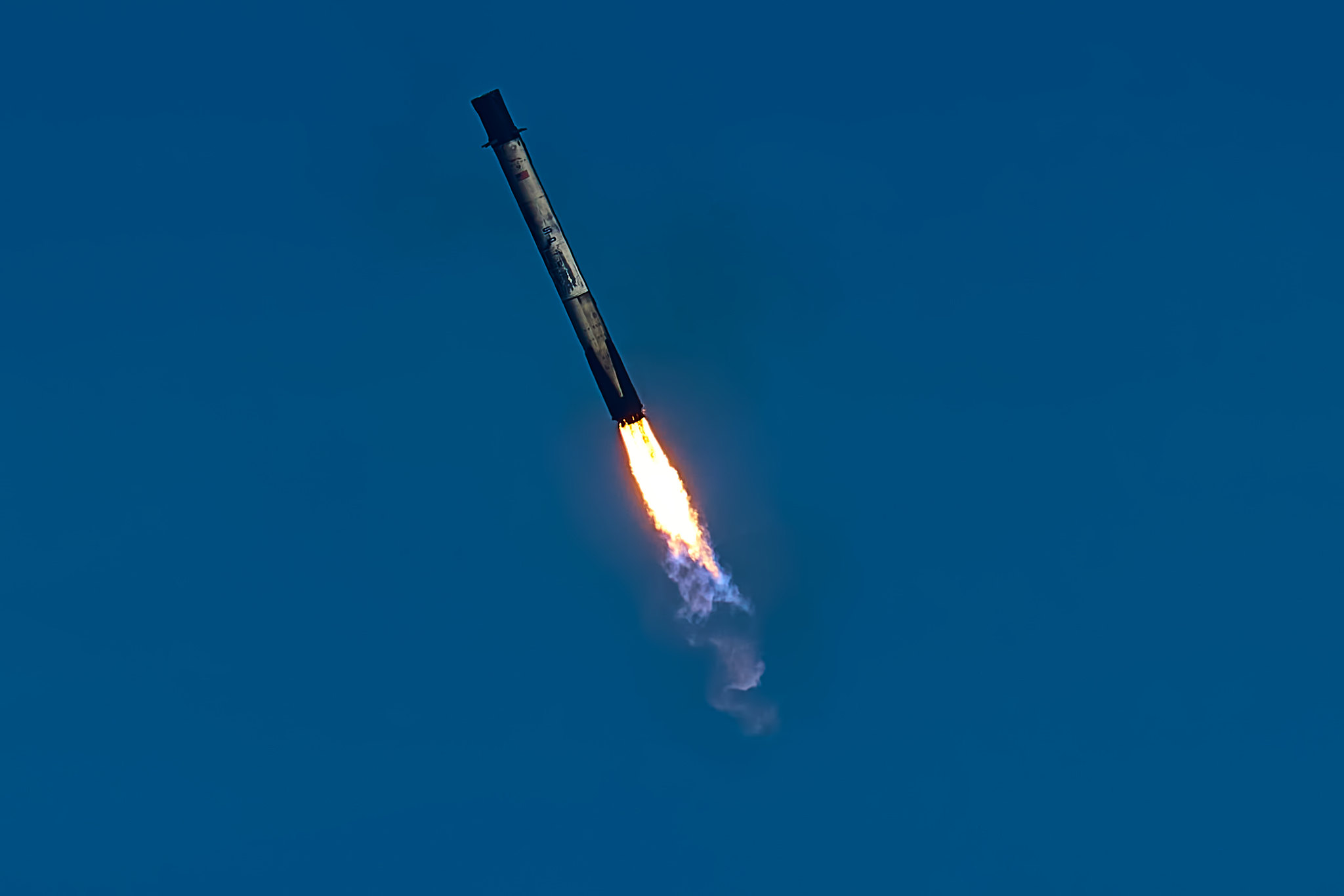Chuckanut
Give me a museum and I'll fill it. (Picasso) Give me a forum ...
Musk in the Twitter spaces said that the engines tripped the "abort" and were shut off prior to reaching full pre liftoff thrust.
The word 'pre' above is seems like the key word to me.
I sounds to me like they made a choice ahead of the launch that they would accept a certain number of failures as the 33 engines were started before the the rocket was released from the pad. The three engines that did not work right were below that number so they launched.
My guess is that they were more liberal in regards to tolerating some problems because this was a test launch, not one carrying a paid payload or a crew. My understanding is the SpaceX was at a point where they would learn a lot more about perfecting this rocket by actually launching it, rather than making minor improvements here and there in the hope it would be a huge success on it's first flight. According to Musk the goal for the next launch is to have the second stage successfully separate. SpaceX is still rather far away from expecting a successful launch, achieving orbit and then a safe return of both stages.
Apparently they already have a several more stripped-down to the basics Starship second stages waiting for their turn to be blown apart in future tests.
Last edited:


